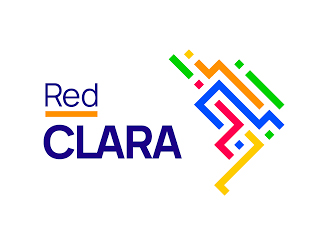The inauguration of a Point of Presence (PoP) in Punta Arenas is a milestone for connectivity in Chile’s southernmost region. Also, the PoP is the closest to Antarctica in the world and contributes to positioning Punta Arenas further as a gateway to the many scientific activities taking place on the white continent.
The new node joins the existing one in Coyhaique, operational since 2022, thereby extending the reach of REUNA, Chile’s national research and education network (NREN), by 42%, with over 1,300 km of new infrastructure.
Connected to the high-speed network are the University of Magallanes, the Chilian Antarctic Institute, the University of Aysén, the Patagonian Ecosystem Research Centre, INIA Tamel Aike, and the Regional Museum of Aysén. More academic and scientific institutions are invited to join.
Significant growth in science collaborations
The nodes in Punto Arenas and Coyhaique are both part of the Patagonia Project, established to meet the connectivity requirements of knowledge-generating institutions in Southern Macrozone of Chile and transform the region into a hub for global development and research.
As a member of RedCLARA, the research and education network for the Latin American region, REUNA is connected to academic networks across the world, enabling its institutions to engage in international large-scale projects.
“We foresee significant growth in both national and international scientific collaboration, with increasing information exchange and the generation of new knowledge,” said Dr. José Palacios, Chair of the Board of REUNA.
Aiming for establishment of Antarctic cable
Dr. Palacios’ statement was given at a recent seminar on the Antarctic Cable initiative, which aims for establishment of a direct connection to Antarctica from Chile.
The Regional Government of Magallanes and Chilean Antarctica, REUNA, and other partners envision for the Patagonia Project and the Antarctic Cable initiative to be integrated.
The Antarctic cable will become “a key piece in a chain that, connected to research and education networks such as REUNA, will have global reach, enabling data from Antarctica to be transmitted to research centers around the world in just seconds,” said Dr. Palacios.
Dr. Palacios added that this advanced connectivity would position the Magallanes region as a strategic hub for global science, comparable to the role Northern Chile plays in astronomy.
The text is inspired by the articles “Seminario internacional abordó los desafios y oportunidades del Proyecto de Cable Antártico” and “Nuevo PoP del Proyecto Patagonia promote convertir a Magallanes en polo de la investigación y la educación” (in Spanish) at the REUNA website.








